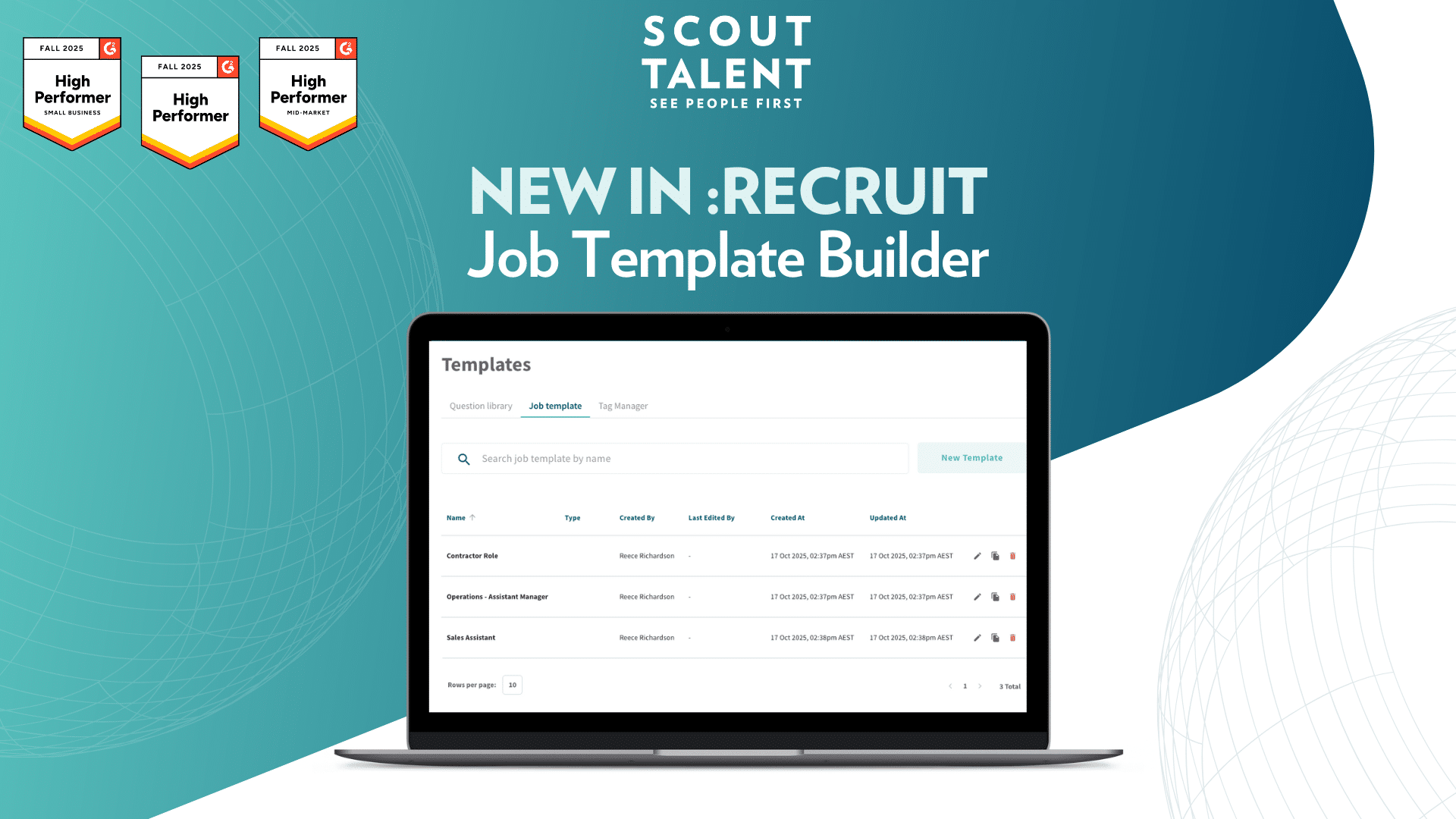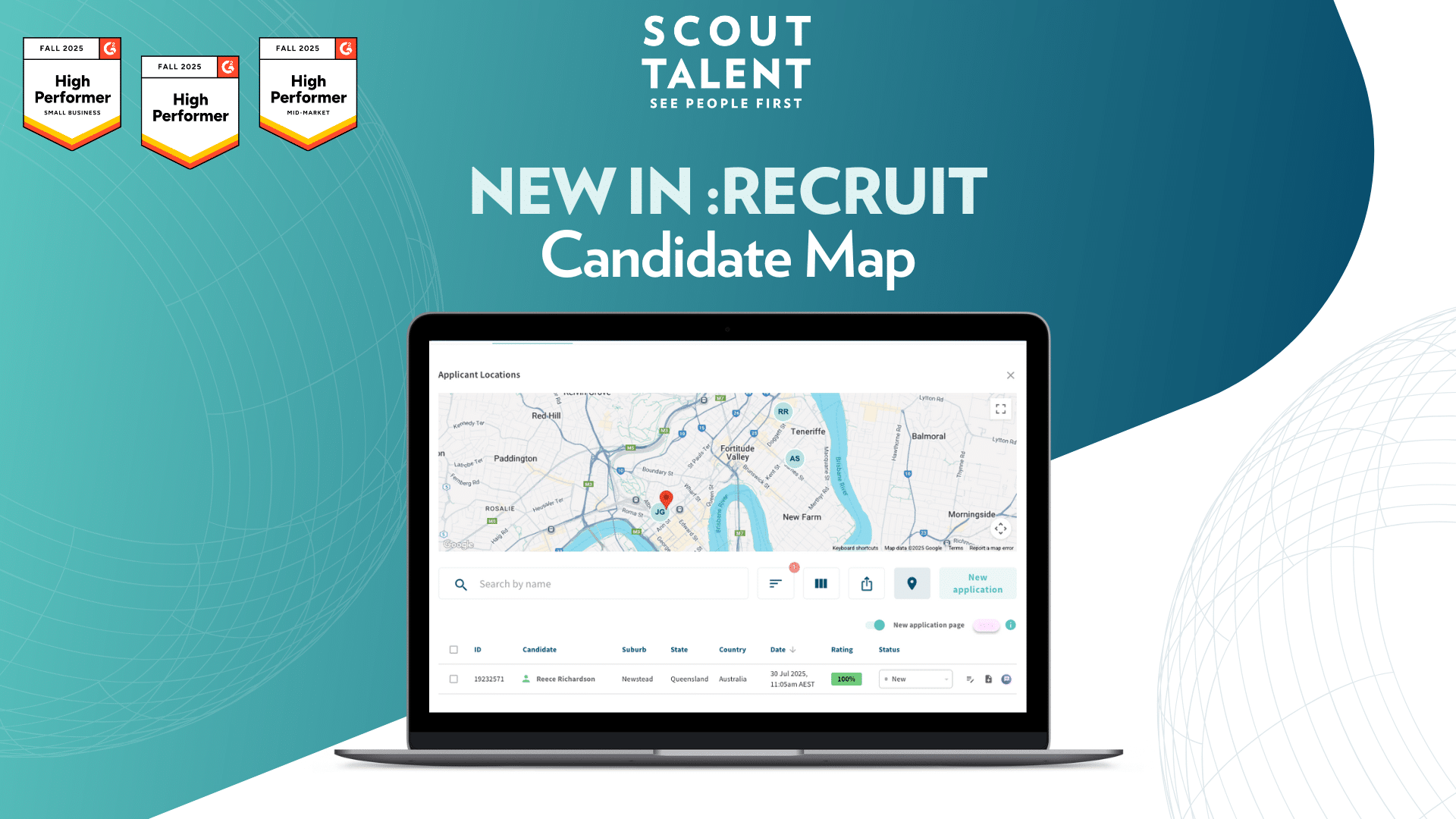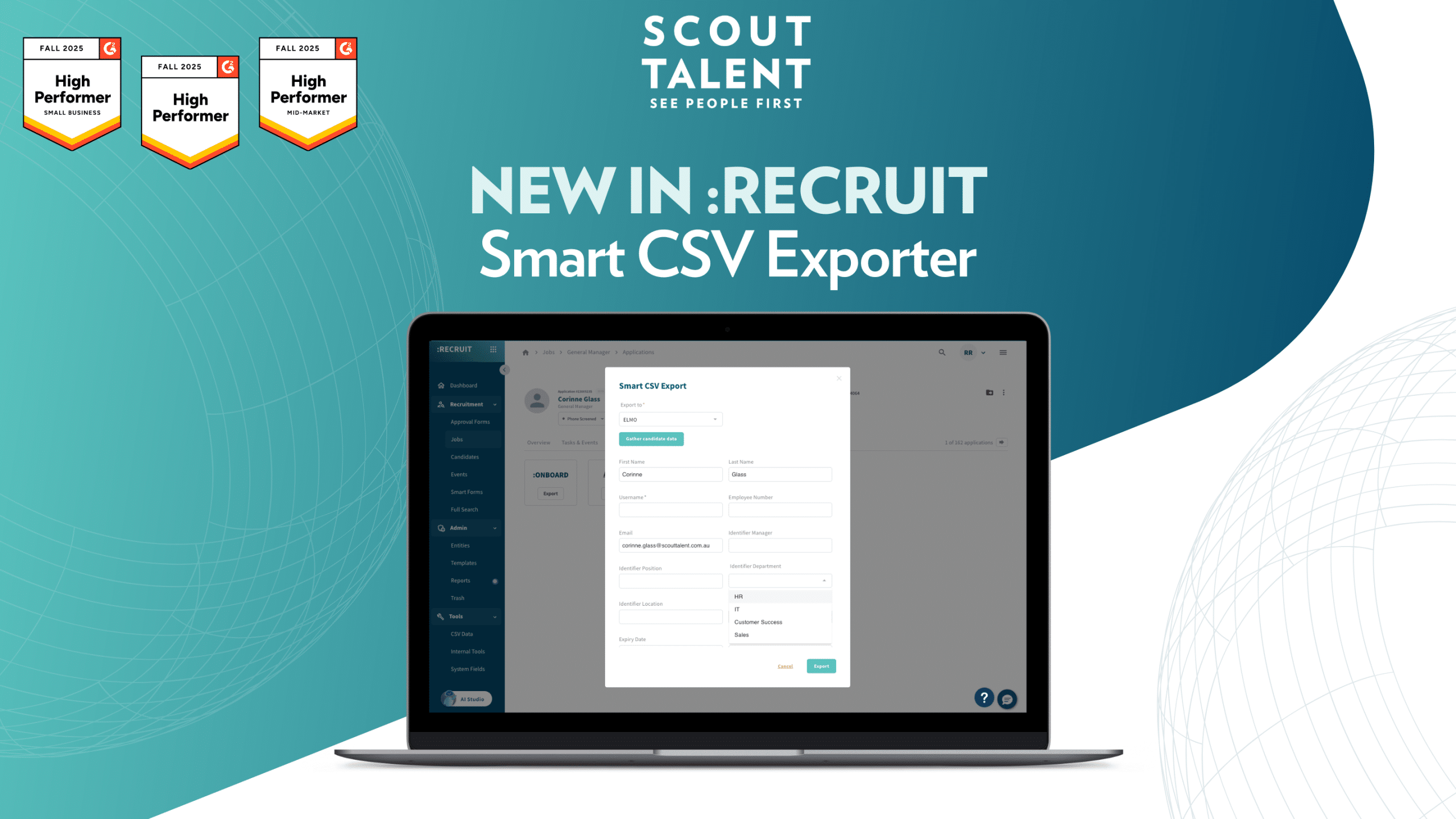The fight to be the employer of choice for top talent is on! When you’re lacking the necessary time and resources to hire, it can be easy to fall behind. One critical mistake that can easily trip you up is poor candidate communication. It’s hard to find time to send those applicant updates when you have a morning (or day) full of back-to-back interviews and meetings.
In this post, we’ll highlight the consequences of poor communication, and explore how you can go from application to onboarding, quicker than you can say “new hire”.
Loss of Top Talent
Losing out on top talent is our first major symptom of poor candidate communication. When candidates are left in the dark about their application status or face prolonged response times, frustration sets in. If candidates are pursuing multiple opportunities at once, they’re more likely to turn their attention to organizations that respond within a reasonable timeframe.
Not keeping candidates informed creates uncertainty and may convey a lack of organizational structure and commitment to potential employees. If there is silence on your end, candidates will fill it with their thoughts and theories as to why.
Make sure you fill this void. At the start of the recruitment process, give them set timeframes on when to expect to hear back – timeframes that work for you.
Aim to provide candidates with an update on their application within two weeks. This should provide enough time to process every applicant and give the right amount of consideration to each candidate. One way to make this easy is to have the right talent acquisition tech that allows you to run bulk actions for multiple candidates at once. Communicate with the click of a button and save yourself heaps of time!
The great news is tech like this doesn’t have to cost an arm and a leg! Scout Talent’s ATS lite version (:Essentials), starts at only $150 per month! Applicant Tracking Systems such as Scout Talent’s :Essentials or :Recruit allow you to be proactive in how you communicate with candidates without all the extra work. Simple automations will shine a light on your top candidates, saving you heaps of time screening applications and making communication a breeze. If you need further support you can even outsource to an external talent acquisition partner. Scout Talent offers a range of services like Talent Engagement, where our shortlisting and selection specialists identify top talent in your applicant pool so that you don’t have to.
Damaging your Employer Brand
Candidates who have a poor experience during the recruitment process can have a negative impact on your employer brand. Having a strong employer brand is essential for attracting top talent. Candidates who feel neglected are likely to share their negative experiences, deterring others from considering your organization as an attractive employer.
If you keep your talent pool engaged, candidates will appreciate it and associate your organization with positive experiences. Even if a candidate is unsuccessful in the initial application, good candidate care means they may apply for future roles with your organization that they are more suited to, or recommend to their network that your organization looks like a great place to work. To strengthen your employer brand throughout the recruitment process, make sure branding is front of mind when it comes to talent landing pages, career pages, and email templates. These channels are a fantastic way to educate applicants about your organization’s values and set clear expectations about what it is like to work there.
The benefit of maintaining a strong employer brand is that it makes it faster to fill vacancies in the future too. Especially if you continue to communicate with your talent pool even after the role they originally applied for has closed. Software like Scout Talent’s :Engage module helps you to build and maintain a healthy talent pipeline, with features that make it simple to send them regular company updates and notifications about new opportunities. If you’d like to learn about the benefits of building a talent pipeline, check out our blog ‘Start Building Your Talent Pipeline: A Strategy for Long-Term Success in 2024’.
Increased Costs and Decreased Productivity
Beyond the immediate impact on talent acquisition, slow communication in recruitment has broader financial implications. Unfilled positions can result in lost productivity, missed deadlines, and a decrease in team morale. Additionally, costs associated with an extended recruitment process due to slow communication can add up (including additional advertising and resources).
There are a range of new AI-powered tools that can support recruitment and talent acquisition professionals with candidate communications. Large Language Models like ChatGPT can provide a good first draft of candidate communications so that you don’t have to start from scratch. Alternatively, you can delegate other time-consuming and predictable tasks to AI, to free up your time to focus on candidate communication. For example, with Scout Talent’s AI Suite, you get your very own AI-powered recruitment specialist, Felix. Felix uses AI to screen resumes, craft job advertisements, build talent landing pages, write social media posts, and draft interview questions. All in minutes. With AI Suite significantly reducing the time it takes to complete these tasks, you’ve freed up hours to build relationships with candidates. To get the full rundown of AI Suite, read this blog.
Strong candidate communication will support you in finding the best talent, building a strong employer brand, and reducing your time and cost to hire. If you found the tips in this article helpful insight to improve your candidate communication, check out our latest guide that provides 5 Tactics to Avoid Common Recruitment Mistakes.
If you’d like support with your candidate communications through Scout Talent’s range of leading talent acquisition software and solutions mentioned in this post, reach out using the form below and we’ll connect you with one of our recruitment specialists.
For more valuable insights download our FREE Guide: 5 Tactics to Avoid Common Recruitment Mistakes





